US Dollar Rises Above 400,000 Iranian Rials, Signaling New Crisis
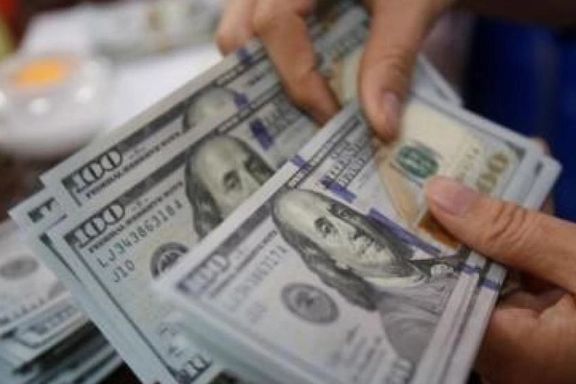
Iran’s currency has dropped to a new historic low, breaking the 400,000 rial threshold against the US dollar Thursday, amid deep political and economic crises.

Iran’s currency has dropped to a new historic low, breaking the 400,000 rial threshold against the US dollar Thursday, amid deep political and economic crises.
The rial has now lost nearly 50 percent of its value compared to mid-2021 and over 30 percent since December 2021.
The de facto devaluation is expected to boost Iran’s annual inflation rate, currently estimated to be 50 percent. Food prices have jumped much faster than overall inflation, with some items registering 100-percent increase in one year.
The high inflation rate this year comes on top of rising prices since 2018, when the United States pulled out of the nuclear accord known as the JCPOA and imposed oil export and banking sanction on Iran.
Iran has been rocked by nationwide antigovernment protests since mid-September after a 22-year-old woman, Mahsa (Zhina) Amini, was killed in police custody. She was arrested for violating the country’s forced hijab rules. But since then, protests have turned against the ruling regime, with many Iranians demanding a secular and democratic form of government.
Opponents of the Islamic Republic have also urged people to withdraw their deposits from government banks to put further pressure on the government, which has been printing more money in recent years. The money supply has grown at an unprecedented pace since September.
Talks to revive the JCPOA and lift most of the US sanctions have stalled since August when the last attempt by the European Union to broker a deal fell apart.
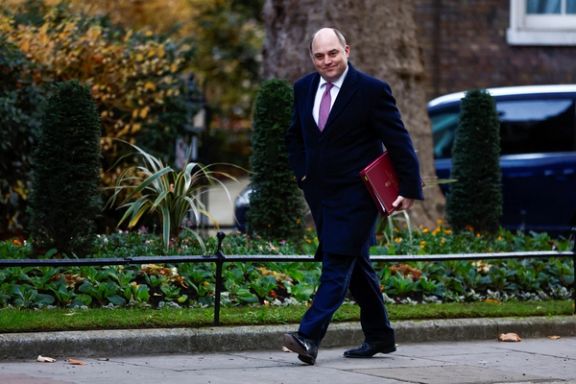
The United Kingdom has warned that Moscow is to provide Tehran with some advanced military technology that will put the security of the Middle East and world in danger.
Britain’s Defense Secretary Ben Wallace told parliament Tuesday that in return for Iranian drones it uses in attacks on Ukraine, Russia will supply the military components to the Islamic Republic.
Wallace told the parliamentarians that Iran should be held accountable for supporting Russia in war on Ukraine.
“We must hold their enablers to account,” he noted. “Iran has become one of Russia’s top military backers. In return for having supplied more than 300 kamikaze drones, Russia intends to provide it with advanced military components, undermining both Middle East and international security. We must expose this deal.”
However, Wallace did not reveal more details about the technology that Tehran is going to receive.
Reuters says the Russian Defense Ministry and Iran’s foreign ministry have refused to give a comment regarding Wallace’s statements.
Earlier, Washington said Moscow was moving to provide Tehran with advanced military assistance including air defense systems, choppers, and fighter jets.
Russia was offering the Islamic Republic “an unprecedented level of military and technical support that is transforming their relationship into a full-fledged defense partnership,” said White House National Security Council spokesman John Kirby on December 9.
The Biden administration recently unveiled sanctions against Iranian firms and entities involved in the transfer of drones to Russia for use in Ukraine.
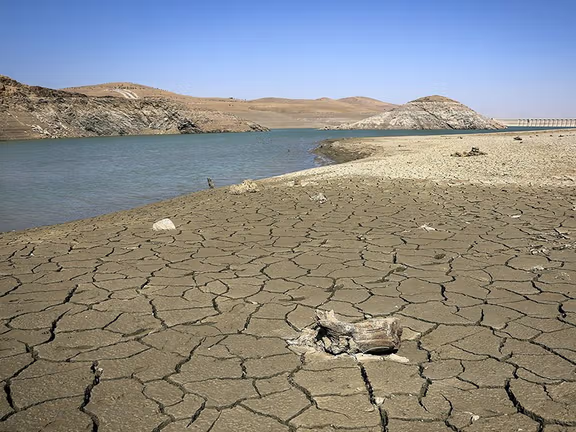
A lawmaker in Iran has expressed concern over the critical water situation, saying that “some dams have reached less than 37% of their capacity.”
Hadi Beiginejad, member of Iranian parliament's energy commission, told ISNA website in Tehran Thursday that the country is not in a good situation in terms of water resources, adding that even the claim that 37% of dams are full may not be true.
“Based on the research I did, some reservoirs for some dams are much less than 37%,” he underlined.
On the other hand, according to latest official statistics of Iran Water Resources Management Company, two important water supply dams, namely Lar in Tehran and Ekbatan in the western city of Hamedan, have only two percent reserves.
The company also reported that among the important dams that supply drinking water, 11 have a reserve rate below 20% of their capacity.
According to the same statistics, the total water reserves of the country's dams are about 18 billion cubic meters, and on average, about 63% of the country's dam reservoirs are empty.
In the capital, however, the situation is worse and Tehran's dams with 279 million cubic meters of reserves are experiencing an unprecedented shortage in the past fifty years.
Earlier, Alireza Almasondi, Vice President of Water Resources Management Company, said 84 cities in Iran are struggling with water crisis.
Many years of drought and decades of mismanagement have led to chronic water shortages in most parts of Iran.
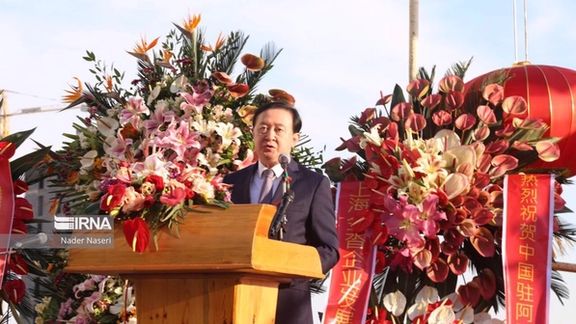
Despite a recent controversy about China siding with the United Arab Emirates against Iran, Beijing’s Consulate General officially opened in Bandar Abbas, a key port city.
In his address at the official opening ceremony of the consulate, Chinese Ambassador to Iran Chang Hua hailed the move as a fresh "landmark moment in China-Iran relations," adding that Beijing considers ties with the Islamic Republic “strategic.”
However, earlier this month during a visit to Saudi Arabia by Chinese President XI Jinping, China had signed off on a joint statement with the Gulf Cooperation Council, where a UAE claim on three Iranian islands were mentioned. This led to an avalanche of criticism against the Iranian regime, which has been boasting about its strategic ties with Beijing.
Noting that China supports and respects Iran’s national sovereignty and territorial integrity, Chang said “China decisively supports Iran against foreign intervention and for preserving its national sovereignty, territorial integrity, and national dignity.”
He highlighted that China sees ties with Iran from a strategic point of view, reaffirming Beijing’s determination to expand its partnership with Iran based on bilateral agreements as well as the 25-year comprehensive cooperation agreement between the two countries.
The opening of the consulate is described as an opportunity to actively implement the 25-year deal and China’s ambitious Belt and Road Initiative, a global infrastructure development strategy to invest in nearly 150 countries and international organizations. The BRI, originally named, “One Belt, One Road,” is an international development strategy as China looks to expand its influence worldwide by improving trade routes. As of December 2021, China had expanded its’ BRI—which includes infrastructure developments across land corridors, in ports, across maritime routes, as well as over-land links (bridges, tunnels, etc.)— into 142 countries. Developing diplomatic relations with Iran is crucial to China’s ability to implement the BRI.
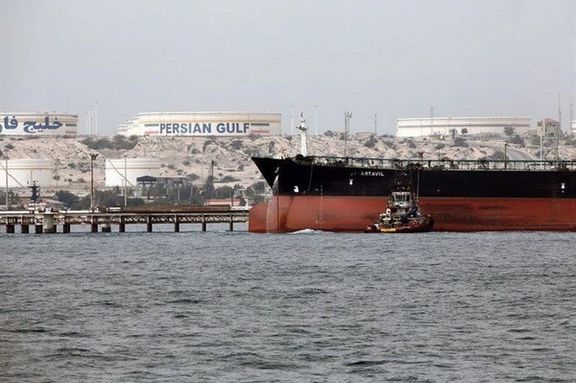
Adel Shahrzad, the deputy governor of Hormozgan province where the port is located, said during his speech that Iran's southern provinces look forward to increasing cooperation with China, adding that the opening of the consulate general will play an important role in developing bilateral relations and enhancing exchanges in various fields.
The area of responsibility of China's Consulate General in Bandar Abbas includes eight Iranian provinces in the south, namely Khuzestan province, Chaharmahal and Bakhtiari, Kohgiluyeh and Boyer-Ahmad, Fars, Bushehr, Kerman, Hormozgan, and Sistan-Baluchestan province.
Reports of the imminent inauguration of the consulate were circulating in media since at least a year ago but its final move can be seen as a sign of détente following the controversial joint statement by China and the GCC about three Iranian islands in the Persian Gulf.
Iran’s Council of Ministers approved the opening of a Chinese consulate in Bandar-Abbas, Iran’s most significant trading and military port on December 29th, 2021—China’s first consulate in Iran. While at face value this may seem like a benign partnership between two developing countries, it might have far-reaching significance for Iran and the region.
The new Chinese consulate in Bandar-Abbas will share its home with The Islamic Revolutionary Guard Corps’ main naval base. Iran’s invitation of an emerging global superpower into their backyard could pose a threat to Iran, should regional disputes one day arise. China has already “attempted to claim more internal waters, territorial sea, exclusive economic zone, and continental shelf than it is entitled under international law,” the spokesman of the US Navy’s Seventh Fleet said in 2019.
Although bilateral trade has declined in the past two years, China is still Iran’s top trading partner, buying illicit Iranian crude oil in the face of US sanctions. However, out of the two, China alone has enjoyed a favorable trade partnership, while Iran has been isolated internationally by essentially only being able to trade with China, forcing Iran to trade its oil reserves at much lower prices than it would otherwise like, although no official figures are available.
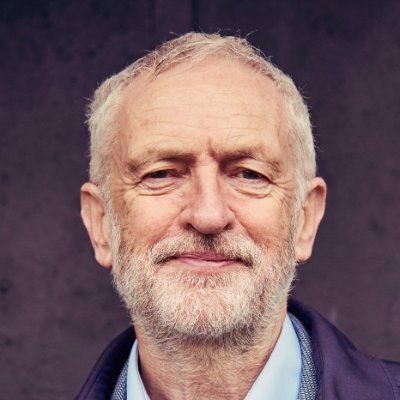
Prominent British Labor member of parliament Jeremy Corbyn has condemned the execution of protestors in Iran saying that it is “deplorable”.
In a tweet on Tuesday, Corbyn said he has written a letter to Iran’s Chief Justice Gholamhossein Mohseni Ejei urging him to reverse the convictions.
“I have been informed that at least 26 people are at risk of being executed…Many of the individuals involved have been denied fair trials, including the right: to access a legal counsel of their choosing; to be presumed innocent until proven guilty; to remain silent; and to receive a fair, public hearing,” reads the letter Corbyn published on twitter.
He also noted that there are reports that several defendants were tortured to induce “confessions”, which were later used as evidence in court.
Corbyn urged the regime to immediately reverse all convictions and death sentences of protesters and release those who have been detained for exercising their rights to freedom of expression, association, and peaceful assembly.
Holding fair trials, having access to legal counsel, and throwing out evidence acquired through use of forced confession were among the other things Corbyn urged the Islamic regime to do.
Iran has been the scene of nationwide anti-regime protests since mi-September. Over 500 people have been killed by security forces and more than 18,000 are imprisoned.
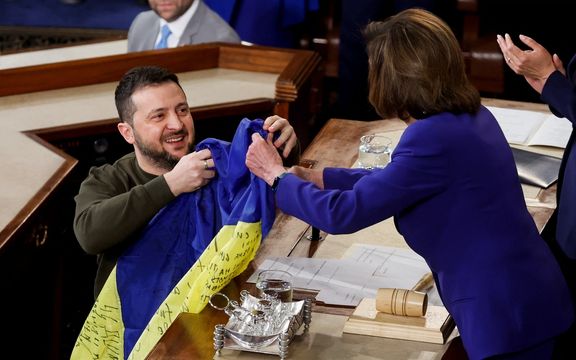
Iran is a partner in Russia’s “genocidal policy” by supplying drones, Ukrainian president Volodymyr Zelenskiy told a joint session of the US Congress on Wednesday.
In a historic visit to Washington and his first trip abroad since Russia’s invasion began in February, Zelenskiy addressed the United States Congress, thanking for American economic and military assistance and saying that his country is fighting not only to defend itself but security in Europe.
The United States is preparing to deliver Patriot air defense systems to Ukraine after repeated Russia missile and drone attacks on energy infrastructure and other civilian targets. Iran has supplied hundreds of kamikaze drones to Russia that have been used in these attacks.
“If your Patriots stop the Russian terror against our cities, it will let Ukrainian patriots work to the full to defend our freedom,” Zelenskiy said. He added that Russia uses missile attacks to destroy Ukrainian cities.
“More than that, Russia found an ally in this — in this genocidal policy: Iran. Iranian deadly drones sent to Russia in hundreds — in hundreds became a threat to our critical infrastructure. That is how one terrorist has found the other,” Zelenskiy said.
Nato members have strongly condemned Iran for delivering the drones and have imposed punitive sanctions against individuals and companies involved in the production and delivery of the weapon.
The issue of Iranian drones and a growing military alliance between Tehran and Moscow have also hurt the prospects for further talks over Iran's nuclear program and the lifting of crippling sanctions on its economy.